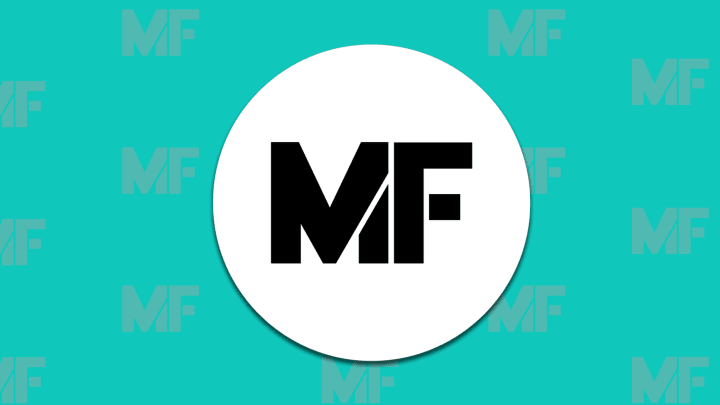Tube Strike! Londoners Keep Calm & Carry On "“ Again

Tuesday night, in a scene that could not have been more dramatic had it been scripted, Rail Maritime and Transport union boss Bob Crow walked out of talks with Transport for London and city officials. As he marched out the door he said over his shoulder, "We've got a strike to run."
The Rail Maritime and Transport union is one of several unions representing Underground workers. Without the workers that depend on London's transportation system, the city can be expected to become a desolate wasteland. Cue tumbleweeds rolling through Trafalgar Square, dirt devils in Piccadilly, and a few sad, pale denizens skirting the shadows of Fleet Street. Tube strikes aren't exactly rare phenomena here "“ evidently, the 1990s were lousy with them and one occurred approximately every year in the last decade (the current dispute was over pay, job security, and disciplinary issues). Strikes have been so common that one clever Londoner suggested "working from home,"Â code for the Tube Strike drinking game: BBC London claims Tube strike is causing chaos? That's a finger of rum. Drink up. ("It may be the only way to get through a day of lazy and cliched coverage of one of the capital's perennial pains in the backside.")
Drinking games aside, Wednesday was gearing up to be a crappy day for commuters.
As Wednesday morning dawned gray and damp, city workers rose early to navigate the uncertain commute. London Transport and city officials did what they could to mitigate the effects of the strike: Oyster Cards, the quick pass system of the Tube, were accepted on National Rail, taxi drivers were pressed into duty for cab-sharing and set fee schemes, buses ran on downed Tube routes, cycle rides were marshaled and organized, and river ferry services were free.
Londoners, faced with hours-long commutes, found new ways to get around: hordes of workers took to the streets on bikes, on foot, on skateboards, or on skates. They also crammed onto buses, trying not to make eye contact with one another as they were packed into fairly intimate positions. Even Boris Johnson, London's fair-haired and slightly oafish mayor, waited in line for the Thames River ferry service with a backpack slung over his shoulder, looking irritated. When the Underground workers went on strike a year ago, London papers reported commuters using canoes and kayaks on the river to get to work. Sadly, there were no such adventuresome workers this time.
Perhaps the most mitigating factor of all was that fact that strike didn't go according to plan: According to published reports, some Tube workers from Crow's own union defied his strike and went to work anyway, as did hundreds of workers represented by three rival unions. In all, around 120 of the Underground's 500 trains were running on all but two train lines, though virtually every line saw minor delays or part suspensions.
Still, the total estimated cost of the strike was reckoned at around £50 million, with workers and shoppers forced to stay home. For a short while, soccer fans were concerned that Football Association officials would cancel England's World Cup qualifier against Little Andorra on Wednesday night, since the Underground would not be running to Wembley Stadium Station.
There was one bright spot in all the mess - Pubs seemed to do a pretty brisk business "“ bars, which on a normal weekday evening have two or three patrons loitering out front, were overflowing Wednesday night with commuters who decided to partake of a little liquid courage before facing the chaos. The strike is expected to last through Thursday, so London's little bender will likely be over soon.